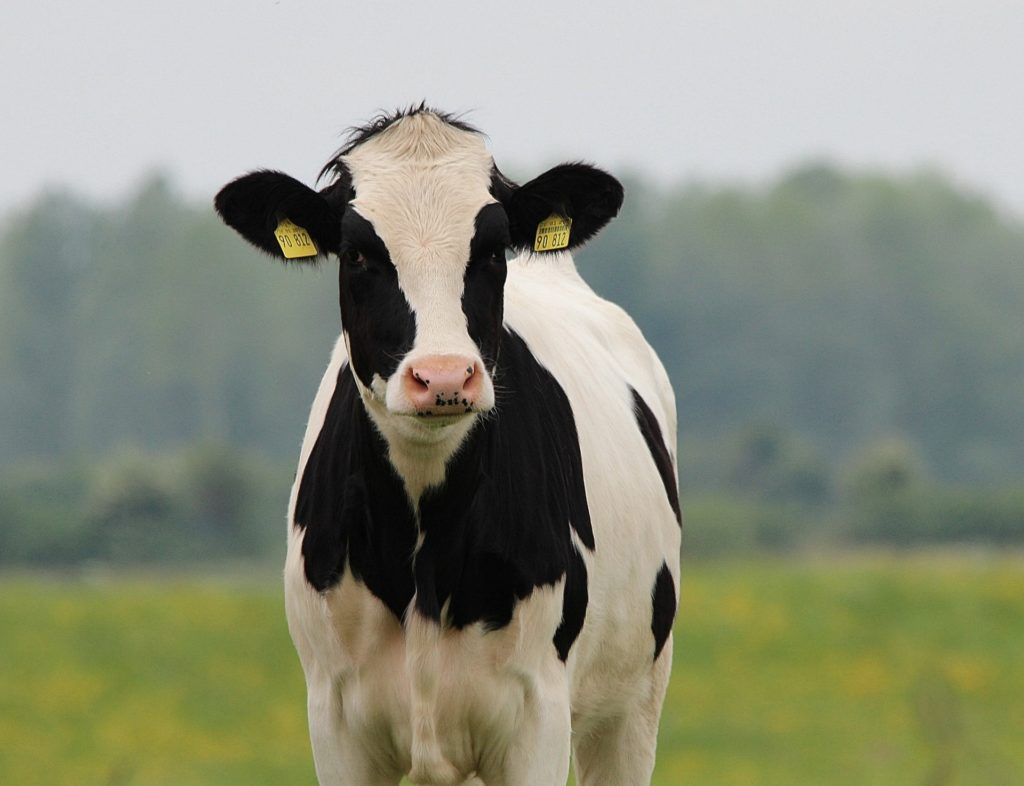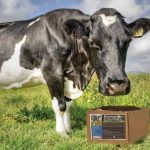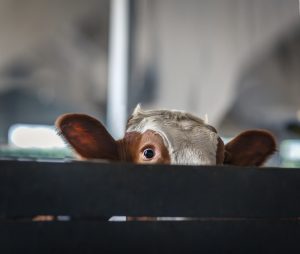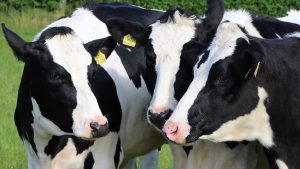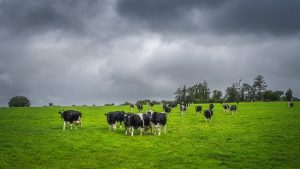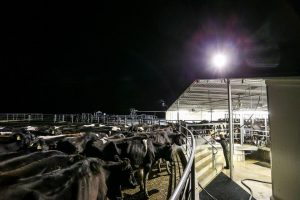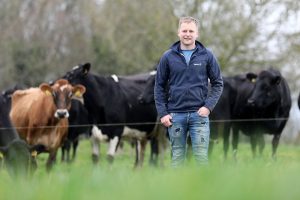
The Irish Farmers’ Journal led with a story last week that predicted dire consequences for farm income and employment if agriculture was asked to reduce emissions by 21-30 per cent by 2030 based on a report it had commissioned from consultants KPMG.
The challenge facing the agricultural sector to reduce emissions will require extraordinary efforts. Analysis of the kind produced by the KPMG report is welcome in highlighting the issues involved.
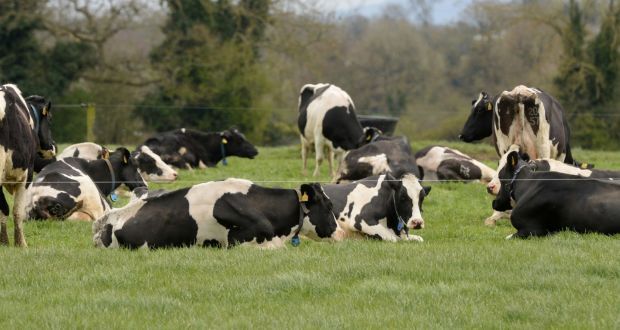
Commissioned studies respond to the question that was asked. KPMG was asked to quantify the production and employment effects of particular emissions reduction scenarios.
Achieving the 18 per cent reduction in emissions will require that farmers make very significant changes to their farming practices
KPMG would have produced a different report if it had been asked to recommend how agriculture might achieve these emissions reductions with minimum impacts on the level of output and income.
The report ignores the market impacts that would follow from its projected reduction in output, assuming that prices would be unaffected.
But fewer cattle and less milk produced would mean meat factories and dairies competing for more limited supplies and thus higher prices for farmers, which would offset some of the loss in income it foresees.
Achieving the 18 per cent reduction in emissions it estimates as feasible through technical and management changes will require that farmers make very significant changes to their farming practices. Yet the report assumes that farmers remain totally passive in response to the projected reductions in output.
No allowance is made for the potential for diversification. While environmental NGOs often exaggerate this potential – Ireland is not going to become a market garden – it is strange to assume that farmers will not take seek opportunities in forestry, bioenergy, organic production, or alternative enterprises if ruminant agriculture is reduced.
Significantly, the report makes no attempt to estimate the impact of providing the necessary incentive framework to reduce agricultural emissions. Greenhouse gases are a collective action problem.
Dairy cow numbers expanded by 37 per cent in the decade 2011-2020 as a result of the removal of milk quotas. A dairy farmer seeking bank finance for expansion will present a budget that includes the future milk cheque, the cost of the additional feed and fertiliser, and the finance needed for extra housing.
Nowhere will the cost of increasing emissions appear in the farmers’ budget. Farmers are well aware of the damage these emissions cause, but it is someone else’s problem. To solve the emissions problem, the cost of these emissions, as well as the benefits of reducing them, need to be factored into each farmer’s financial planning.
Some years ago, the Citizens’ Assembly voted overwhelmingly to recommend the introduction of a levy/rebate scheme whereby emissions would be taxed, and the proceeds recycled to support farmers to farm in less emission-intensive ways. The proposal was dismissed by the political establishment and the leaders of the main farm organisations.
Well-meaning schemes such as Origin Green, GLAS and the Beef Data and Genomics Programme have not been effective in driving change. According to the Teagasc Sustainability Reports, emissions on beef farms have increased from 4.1 to 4.2 tonnes CO2e per hectare between 2012 and 2019. On dairy farms, emissions have increased from 7.7 tonnes to 8.7 tonnes CO2e per hectare.
The Teagasc Sustainability Reports also document the extraordinary variation that exists across farms in emissions per unit of output, and the potential that exists for improvement even with existing technology.
Pricing emissions is an essential part of the toolkit necessary to incentivise action and drive the necessary changes in farming practices. Our competitors on world markets such as New Zealand are moving ahead and exploring these ideas while we have been marking time.
Ireland already fails to meet its EU climate targets and will continue to do so if agricultural emissions are not reduced
What the KPMG report overlooks is that putting a proper incentive scheme in place at farm level would unleash a wave of innovation as farmers, coops, input suppliers and the research establishment see the benefits of focusing on emissions reduction, where today there is no benefit to taking action. Lighthouse farms such as the Devenish Nutrition farm at Dowth show what is feasible.
The KPMG report also ignores the co-benefits from ambitious climate action. Agriculture not only faces the challenge of reducing greenhouse gas emissions. Current levels of output are also associated with unprecedented biodiversity loss, deteriorating water quality, and levels of ammonia emissions that exceed legal limits.
These other challenges anyway raise the question of the feasible level of agricultural output in Ireland to remain within our environmental boundaries. Failure to address these issues will also lead to restrictions on output as we see happening in the Netherlands and New Zealand where warning signals were ignored.
The KPMG report highlights the potential cost of climate action in agriculture. There is also a cost to inaction. Ireland already fails to meet its EU climate targets and will continue to do so if agricultural emissions are not reduced.
This will require considerable tax expenditure on an annual basis to purchase allowances from other EU countries to bring ourselves into compliance, funding that could be used to promote the green transition at home.
The KPMG report should not be used to delay the urgent action to reduce agricultural emissions. Its real message is the need to properly price emissions at farm level so that farmers are incentivised to take the necessary actions to avoid the most severe scenarios that it projects.
